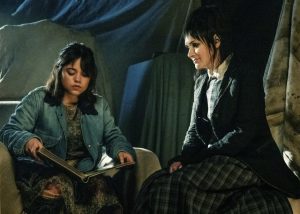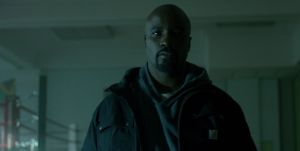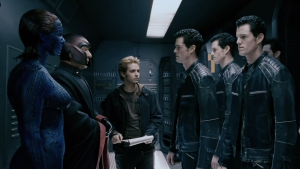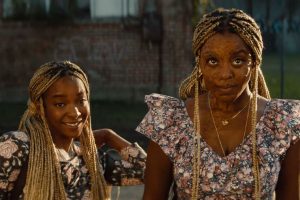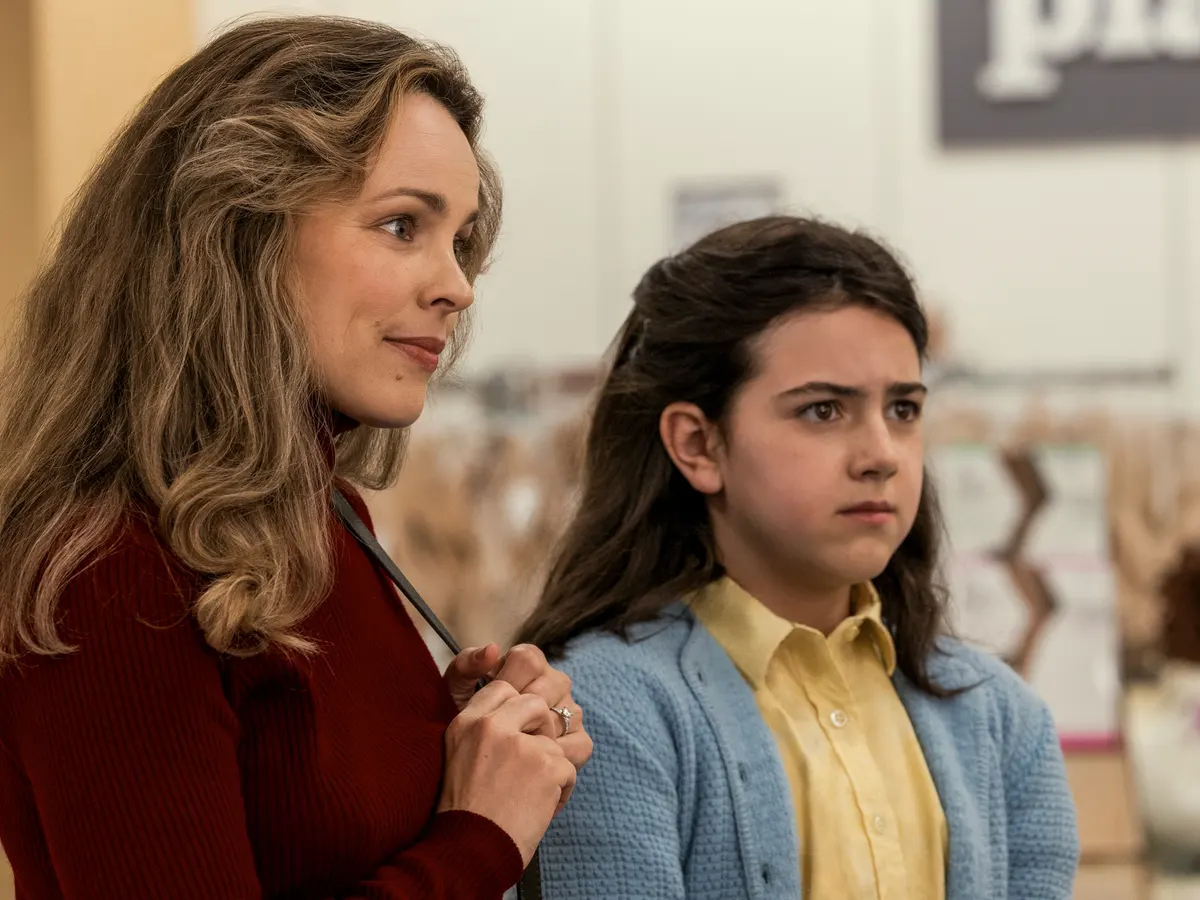
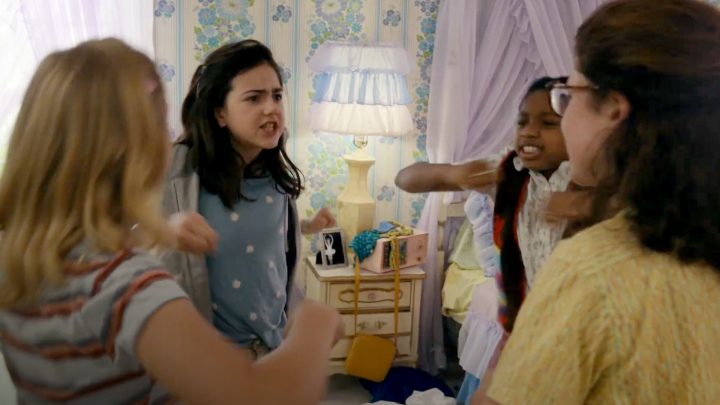
Judy Blume is one of the most famed YA authors of all time. In fact, Blume can be given credit for helping it emerge as a distinct mode of writing, as YA books weren’t really acknowledged as their own thing when she began her writing career. Blume’s work is prolific, including Tales of a Fourth Grade Nothing, Blubber, Freckle Juice, and of course, Are You There God? It’s Me, Margaret. The book was acclaimed when it came out in 1970 for its frank discussion of puberty and female adolescence, as well as for the religious struggle of its protagonist. Blume’s books have been a struggle to adapt, though, with few attempts and even fewer successes. Lionsgate bought the rights to this one in 2020 and produced a film that Judy Blume herself says is better than her book.
Directed by Kelly Fremon Craig (The Edge of Seventeen), the film sticks to its source material by being a period piece and setting itself in 1970. Craig does an excellent job of grounding the film in its time period while also writing and presenting the material to play to a modern audience. Like the book, it follows Margaret, a young girl entering high school after a move to New Jersey who faces the pressures of growing into a woman, dealing with a move, and wrestling with religious identity; she has a Christian mother and a Jewish father.
It would have been an easier choice to update the film to a modern setting. While some of the issues are closely tied to the time period, one can imagine a film executive deciding that young audiences wouldn’t connect to a film set in 1970. But the insistence on sticking to the original setting is to the film’s benefit. The struggles in the film are conveyed with authenticity, and that authenticity is what allows it to still resonate today. The film’s serious exploration of religious struggles and trying to find faith works really well in a way that a modernized version likely would have fumbled.
This reviewer is neither a female nor a teenager, but all the same, the material resonates. The film navigates Margaret’s struggles in a straightforward way that neither over-dramatizes the material nor renders it friendly to the point of being saccharine. The film handles its themes without aplomb and gives them the weight needed to land.
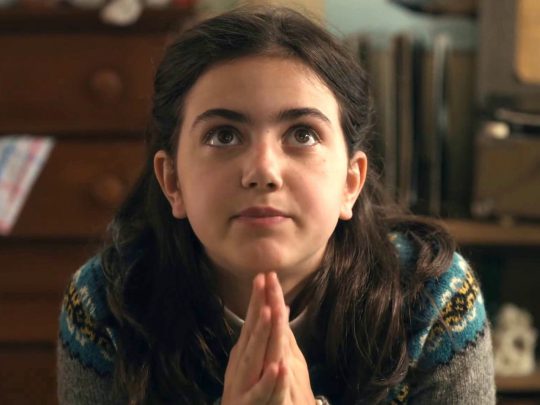
It also helps that the cast is excellent. Rachel McAdams and Kathy Bates play the mother and grandmother of the lead, respectively, and both do a great job with their material. The characters both have their own minor arcs playing out that, while not the main focus, end up complementing the struggles of Margaret and providing insight into their relationship with the lead.
Abby Ryder Forston, who plays Margaret, is also a delight. Mainly known for her minor role in two Ant-Man movies, here she is given time to shine, and proves that Marvel was foolish to take away the role of Cassie Lang from her. Forston has such a strength in her performance of Margaret, but also an honest vulnerability. It’s a film that allows Margaret to feel and show pain, frustration, and worry, without becoming overly mopey. Her character wants to fit in and have friends and is a bully and is bullied in equal part. As a result, it feels more honest than so many films that reduce teenagers to broad stereotypes. This is a credit to the writing of both Fremon and Blume.
If there is any criticism, it’s that the film does feel a tad light. There are a few times where problems are passed through in a breeze and feel underdeveloped. The ending feels a bit rushed and doesn’t establish the new status quo quite as well as it could have. A tad more polish in that regard could have elevated a great film into a genre-defining one. All the same, Are You There God? feels like a definitive Judy Blume adaptation, and a welcome sign of hopefully more great adaptations of her works.



